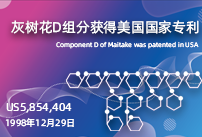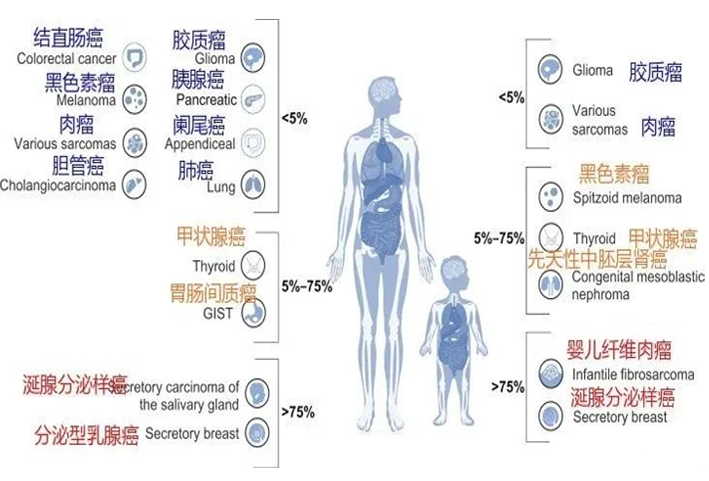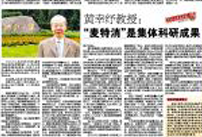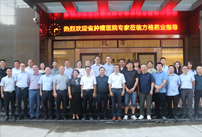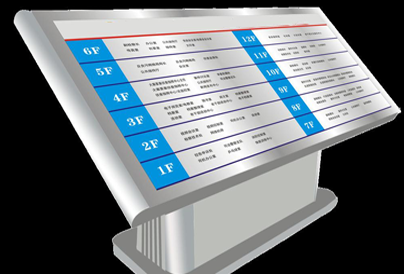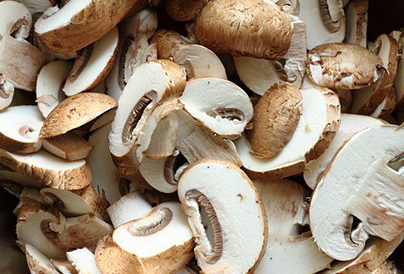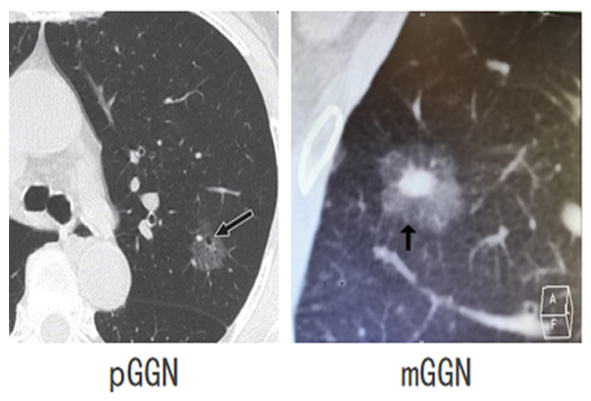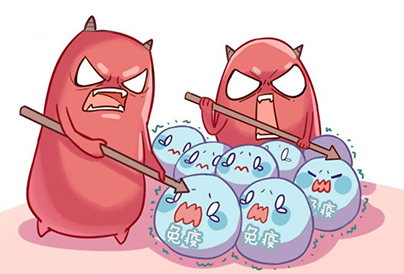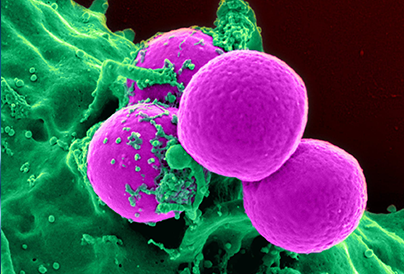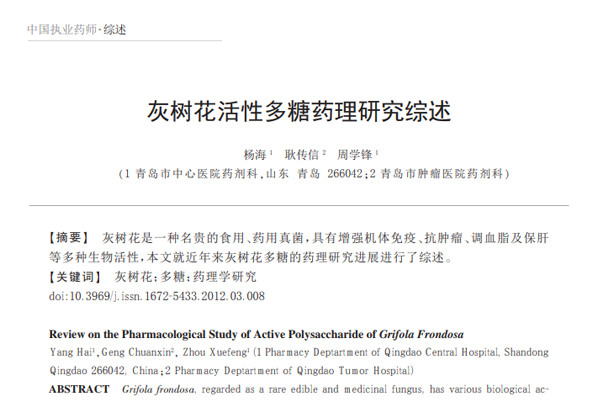01 what if the patient feels nauseous but can't spit out during chemotherapy?
During chemotherapy, some patients will feel sick, but they can't vomit. At this time, they can find a doctor to give antiemetic drugs. In addition to medical treatment, there are some auxiliary means to reduce symptoms, such as drinking flavored water or drinks and eating fruits. If you feel the medicine has a bad smell, you can smell some delicious fruits, such as oranges and oranges.
Patients in the same room should avoid nausea and vomiting as much as possible. After the infusion, they can also go out of the room for a walk and breathe fresh air. Do something you like, such as listening to music. After the patient goes home, he can properly participate in some cultural and sports activities (playing mahjong) to distract his attention. You can also massage Neiguan Points according to traditional Chinese medicine to maintain the stomach.
02 what if the patient has nausea and vomiting during chemotherapy?

The amount, color and frequency of vomiting should be observed. Find a doctor to treat me with antiemetic drugs. When vomiting occurs, it should be in a lateral position to avoid choking and coughing caused by vomit entering the trachea. Rinse and clean the mouth in time. If you have false teeth, rinse your mouth after removing them. You can also refer to other methods with nausea and without vomiting to relieve symptoms.
03 how does the stool of tumor patients dry after chemotherapy?
First of all, you should explain the cause of dry stool to your attending doctor and nurse. The doctor will analyze whether it is related to the disease and treatment, such as tumor compression and treatment methods. In addition to the drug treatment given according to the doctor's instructions, non drug intervention can also be carried out, such as adjusting diet and eating more coarse grains and coarse fiber foods, such as corn flour, millet, celery and leek. Eat more fruits, especially bananas and watermelons, and drink honey water to moisturize the intestines and relieve constipation. Drink plenty of water and take part in sports properly. You can also massage the abdomen clockwise from right to left to increase intestinal peristalsis and increase the number of bowel movements.
04 can chemotherapy drugs cause hair loss? What should I do if I have hair loss?
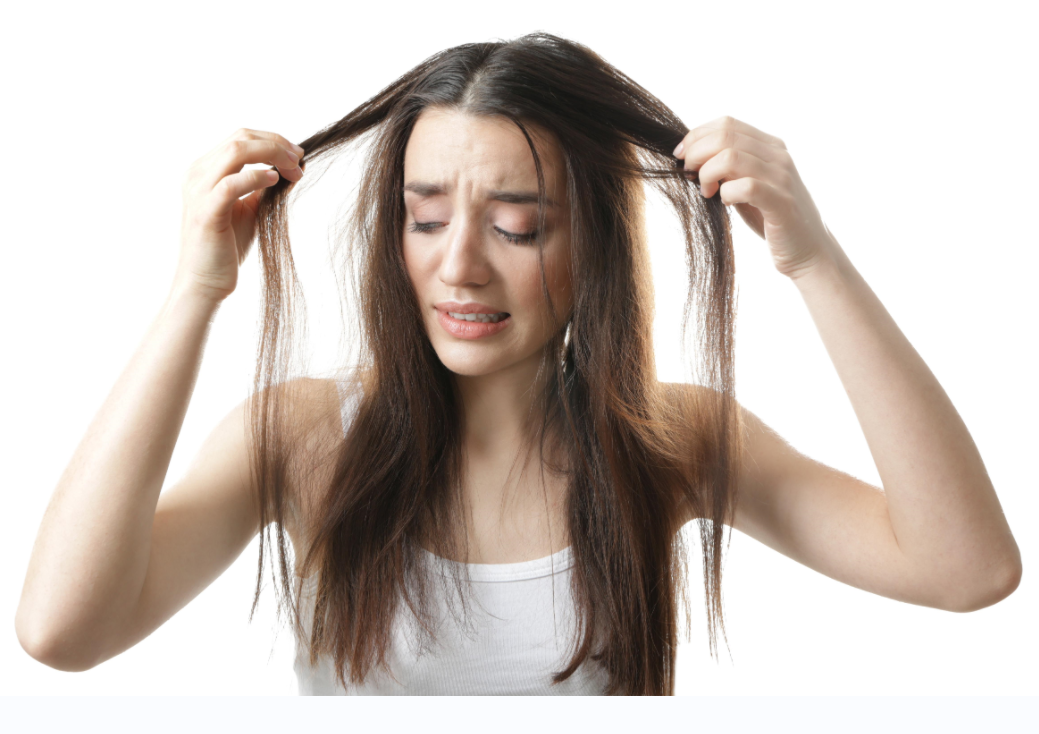
Some chemotherapy drugs can cause hair loss. I used ice cap to prevent hair loss earlier, but the effect is not obvious. Now this method is rarely used. Alopecia caused by chemotherapy drugs has no adverse effect on patients, mainly due to the change of their own image caused by alopecia. Therefore, before chemotherapy, we generally recommend that patients cut their hair short, reduce the number of combing, and delay the time of hair loss. Generally, the hair will grow again 1-3 months after the drug is stopped, and the hair that grows again is soft, natural and beautiful. Chemotherapy patients can wear hats during chemotherapy and wigs after chemotherapy to pass the hair loss period.
05 How to do if the patient's fingers and toes become numb after chemotherapy?
Chemotherapy patients may have numbness of fingers and toes and sensory abnormalities after using chemotherapy drugs. For example, "paclitaxel" can cause peripheral nerve sensory abnormalities. It mainly affects pain and temperature. After this symptom, you can use drugs that nourish the nerves. You can also use warm water to soak your hands and feet to alleviate numbness. Do appropriate hand and foot massage and acupuncture treatment to speed up the recovery process. In daily life, pay attention to avoid contact with overheated objects; Such as boiling water, holding a hot water cup, etc., you can keep your nails, which are first touched by your nails. So as to avoid scalding and adverse events due to slow reaction of fingers to objects. Avoid contact with sharp objects; For example, do needlework (cross stitch) to avoid pricking.
06 patient has oral mucositis after chemotherapy. What methods can relieve pain?
There are many chemotherapeutic drugs that can cause oral mucositis (oral ulcers). It is important to keep your mouth clean, lubricate and control pain. In addition to effective medical intervention, preventive measures should be taken to improve the quality of life of chemotherapy patients. The following methods can be used:
1. Use ice chips in the mouth 5 minutes before using chemotherapy drugs (the ice chips should fill the mouth before completely melting) for 30 minutes;
2. Gargle with normal saline or sodium bicarbonate water several times a day (avoid using the mouthwash sold in the market because of its high alcohol content, which irritates the oral mucosa);
3. To keep the mouth moist, you can use a humidifier to keep the humidity of the room;
4. Keep your mouth and teeth clean; After dinner and before going to bed, use a soft toothbrush or sponge toothbrush (remove false teeth), and it is better not to use fluoride toothpaste;
5. Avoid eating rough, sharp, spicy and acidic food;
6. Avoid cold and overheated food (such as hot coffee and ice cream).
07 what if the patient's white blood cells and platelets decrease after using chemotherapy drugs? What should we pay attention to?
Leukopenia and thrombocytopenia after chemotherapy are the most common adverse reactions after chemotherapy. Blood raising drugs are given according to the degree of bone marrow suppression. When the white blood cell is reduced, it is necessary to reduce reception and going out, because the patient's immunity is low at this time, and infection is easy to occur. Do not contact people with colds to avoid cross infection. The patient's room should be disinfected when the white blood cell falls below 1g / L (usually below 1000). The common method is to disinfect the room with ultraviolet rays, twice a day for 30 minutes each time. Patients can leave the room when exposed to ultraviolet rays, and cover the exposed skin (face, hands and feet) with towels or sheets when not leaving the room. Ventilate the room in the morning. Platelet decline is prone to bleeding, so pay attention to soft food to avoid oral injury. Keep your bowels clear. Less activity, slow activity and avoid collision. Observe the skin for bleeding spots and bleeding tendency at any time. In case of headache and nausea, seek medical treatment in time.
08 how to use dorigi pain relief patch (fentanyl transdermal patch)?
The patient should follow the doctor's advice on whether to use the dolagine pain killer.
Doragi pain relief patch should be applied to the flat and wrinkle free part of the trunk or upper arm. It is best to use the part without hair or less hair and not easy to sweat. Before pasting, clean the parts to be used, use clean water, and do not use soap, bath milk and other cleaning products that irritate the skin. Because alkaline detergent can change the characteristics of doraji pain killer. The area where the pain relief patch needs to be applied should be dry and free of broken skin.
Doraji pain relief patch should be used immediately after opening the package. After pasting, press with your palm for 30 seconds to ensure that the medicine of the pain relief paste is in full contact with your skin. In particular, the edges should be tight. Avoid curling to affect the use of drugs. One paste can last for 72 hours. The replacement of a new pain relief patch is the part that needs to be replaced. The same part can be reused after 72 hours.
09 how to deal with rash, thyroiditis, desquamation of hands and feet, and ulceration after chemotherapy of tumor patients?
A variety of chemotherapy drugs can cause multiple skin reactions, such as paronychia, skin rash, mostly on the front chest, back and face, which is called papule pustular symptom in medicine, and desquamation, redness or ulceration of hands and feet, which can be caused by oral administration of Xeloda (capecitabine), which is called hand foot syndrome in medicine.
How to avoid infection caused by the above symptoms. In daily life, reduce the friction between hands and feet, avoid contact with high-temperature objects, wear suitable shoes, use shock-absorbing insoles, wear slippers at home, and put your hands and feet on a high position when sitting or lying. Avoid friction and pressure between hands and feet, and reduce the number of hands and feet contacting hot water. You can apply moisturizing cream to keep your skin moist. It is helpful to prevent the occurrence of infection and make the focus recover as soon as possible.
In addition, pay attention not to scratch the skin to avoid skin infection. If the itch is severe, you can apply calamine lotion. Reduce the use of bath products when bathing. You can use baby bath products to reduce skin irritation. It is helpful to relieve the symptoms of papules and pustules. Avoid exposure to the sun. When you go out, you should wear sunscreen with SPF of at least 30.
Avoid eating spicy and irritating food.
If blisters occur, please ask medical personnel for treatment. When peeling occurs, don't tear it by hand. You can cut off the lifted part with sterilized scissors. If necessary, use antifungal or antibiotic treatment under the guidance of a doctor, or take vitamin B6 orally under the guidance of a doctor.
10 How should patients have diarrhea after chemotherapy?
To know whether there is adverse reaction of diarrhea in the chemotherapy drugs used. If diarrhea symptoms are caused by chemotherapy drugs, antidiarrheal and rehydration drugs should be given according to the doctor's advice. Secondly, the frequency and nature of defecation should be observed and recorded. Pay attention to the degree of diarrhea and other symptoms, such as fever or chills, thirst, rapid pulse, dizziness and severe abdominal pain. Inform the doctor in time to avoid adverse consequences.
Those with more diarrhea times will continue to irritate the skin, resulting in local skin ulceration. Therefore, after each defecation, clean the anus and sacrococcygeal region with water and soap, and dry them with a soft towel. Keep local skin clean and dry. Zinc oxide ointment can also be applied locally. Wear soft cotton underwear.
Diet should pay attention to foods that are less irritating to the gastrointestinal tract. Do not eat coarse grains, nuts with high oil content, alcoholic or caffeinated beverages, milk and dairy products. Eat food with less residue and increase stool solids, such as rice, steamed bread, apple sauce, concentrated fruit juice, warm tea and glucose drinks. Because sugar can help reabsorb sodium and water into the body. Eat a small number of meals and avoid raw and cold food.
11 Should cancer patients be "contraindicated" during chemotherapy?
Many family members and patients have asked whether there are contraindications during chemotherapy. In Western medical treatment, it is considered unnecessary, and you can eat whatever you want. As the saying goes: the grain and miscellaneous grains should not be biased, and the coarse and fine food should be adjusted to ensure safety. However, the diet should also be determined by people, diseases and treatment methods. Attention should be paid to adjusting the diet structure. Generally speaking, cancer chemotherapy patients mainly eat high protein, high calorie and high vitamin diet, and advocate diversification of diet to supplement the consumption of chemotherapy on the body.
Source: medical world image
Article link:
https://www.cn-healthcare.com/articlewm/20220831/content-1427349.html


